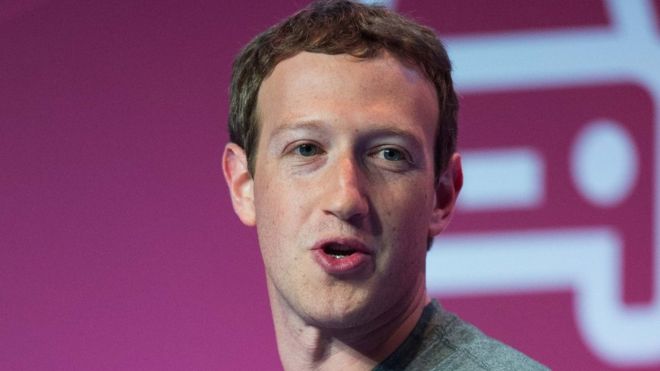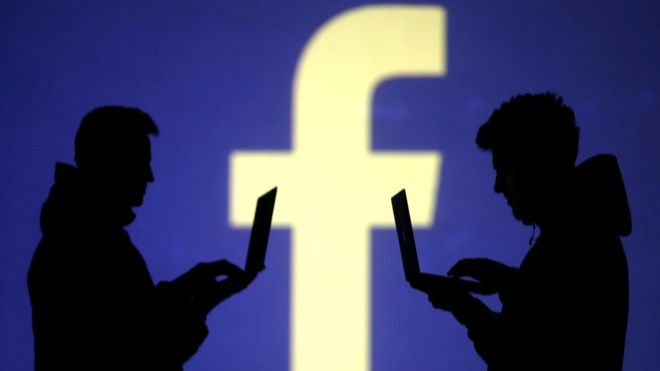
Mark Zuckerberg has agreed to appear before the European parliament at a closed-door meeting possibly as soon as next week, according to the parliament president, Antonio Tajani.
The Facebook founder’s decision to meet MEPs will be seen as a snub to the UK parliament. British MPs have asked him to appear to explain the company’s role in the Cambridge Analytica scandal where the personal data of tens of millions of people was used without their permission.
“The founder and CEO of Facebook has accepted our invitation and will be in Brussels as soon as possible, hopefully already next week,” Tajani announced on Twitter on Wednesday.
“Our citizens deserve a full and detailed explanation. I welcome Mark Zuckerberg’s decision to appear in person before the representatives of 500 million Europeans.”
Mark Zuckerberg, Facebook CEO and founder, has accepted our invitation. He will come to the European Parliament. My full statement ⤵ pic.twitter.com/FdmuDPl8Wb
— Antonio Tajani (@EP_President) May 16, 2018
Zuckerberg has faced strong criticism from British MPs for his three refusals to appear before a British parliamentary committeeinvestigating fake news. Potentially adding to their frustration, the Facebook boss will meet the French president, Emmanuel Macron, next Wednesday.
Macron would hold a one-on-one meeting with Zuckerberg, where there would be “very frank” discussions on all subjects, the president’s office said. While Macron wants to present himself as the champion of start-ups, he also wants tech companies to pay more tax and has proposed a law against fake news during elections.
The French president will meet more than a dozen technology chief executives, expected to include IBM’s Virginia Rometty and Microsoft’s Satya Nadella.
Zuckerberg’s trip to Europe comes ahead of the EU’s data protection regulation, which comes into play on 25 May, a landmark law allowing any individual in Europe to ask a company for data held about them.
But when the Facebook CEO comes to Brussels, he will not face the scrutiny of cameras, as he did during last month’s hearing before the US Congress. Behind closed doors, he will be questioned by political group leaders and the chair of the parliament’s justice and home affairs committee, the British Labour MEP Claude Moraes.
The decision not to have a public hearing has provoked anger. Guy Verhofstadt, the liberal leader, announced he would boycott the meeting unless it was public, asking why it could not be streamed on Facebook Live. He accused the centre-right bloc, the largest in the parliament, and the extreme right of colluding to keep the meeting private.
Source: TheGuardian



